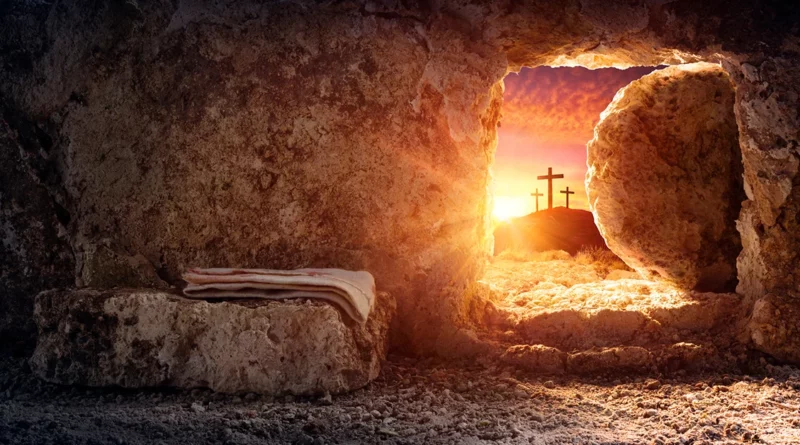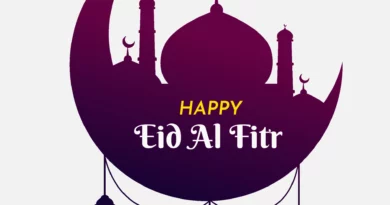History Of Easter Sunday
Easter Sunday is one of the most important celebrations in the Christian calendar, and it marks the day that Jesus Christ rose from the dead. This holiday has a rich history, and it has been celebrated in various ways throughout the centuries. In this article, we will explore the history of Easter Sunday and learn about the key events and traditions that have shaped this important holiday.
The origin of Easter Sunday can be traced back to the earliest days of Christianity. According to the New Testament, Jesus was crucified on Good Friday and then rose from the dead on the third day, which is now celebrated as Easter Sunday. This event was seen as a miracle and was considered to be proof of Jesus’ divine nature.
In the early days of Christianity, the celebration of Easter Sunday was a time of great joy and celebration. The faithful would gather in churches and sing hymns, recite prayers, and hear sermons about the resurrection of Jesus. They would also partake in a feast, which was often a communal meal that was shared among the members of the congregation. This meal was seen as a symbol of the unity and love that was shared among the members of the Christian community.
As Christianity spread throughout the Roman Empire, the celebration of Easter Sunday became a time of great conflict between the church and the state. In many cases, the church was forced to celebrate Easter Sunday in secret, as the Roman authorities saw the celebration as a threat to their power and control. Despite these challenges, the celebration of Easter Sunday persisted, and it continued to grow in popularity and significance over the centuries.
In the 4th century, the Council of Nicaea was held, and it was at this council that the date of Easter Sunday was standardized. It was decided that Easter Sunday would be celebrated on the first Sunday after the first full moon following the spring equinox. This date would ensure that Easter Sunday was always celebrated on a Sunday, which was seen as a day of rest and reflection.
In the Middle Ages, Easter Sunday became an even more important celebration, with the development of the Easter Triduum, which is a three-day celebration that begins on Holy Thursday and ends on Easter Sunday. During this time, the faithful would take part in various religious ceremonies, such as the Way of the Cross and the Easter Vigil, and they would also participate in feasts and processions.
The celebration of Easter Sunday has evolved over the centuries, and today it is celebrated in many different ways all over the world. In many countries, Easter Sunday is a time of great religious devotion, with the faithful attending church services, participating in religious processions, and sharing in communal meals. In other countries, Easter Sunday is a time of secular celebration, with the focus being on the celebration of spring and new beginnings.
Easter Sunday is a holiday that has a rich history, and it continues to be an important celebration for millions of people all over the world. Whether it is celebrated as a time of religious devotion or as a time of secular celebration, Easter Sunday is a reminder of the hope and renewal that is at the heart of the Christian faith. It is a time to reflect on the sacrifice of Jesus and to celebrate the promise of eternal life that is offered to all who believe in him.
Discover more from City Towner
Subscribe to get the latest posts sent to your email.




